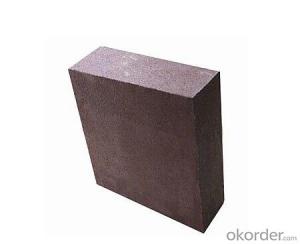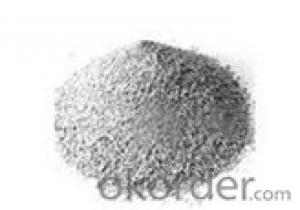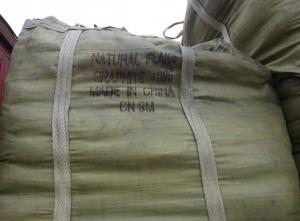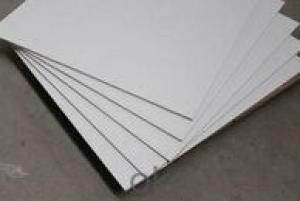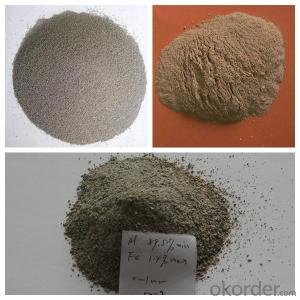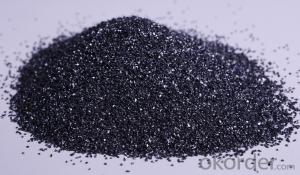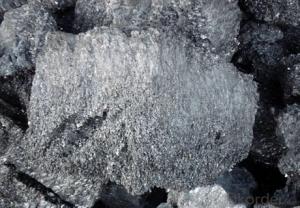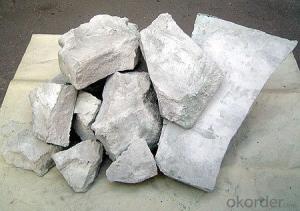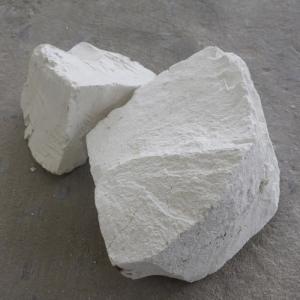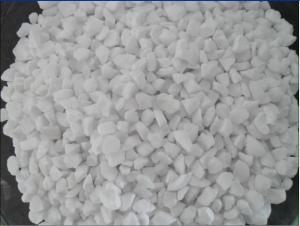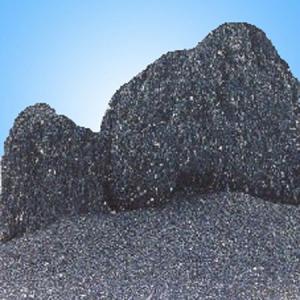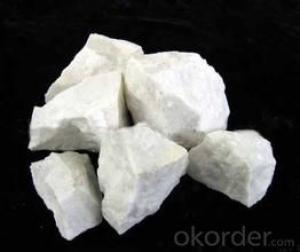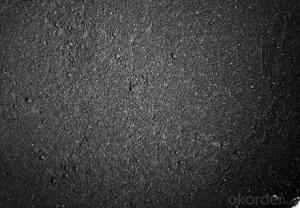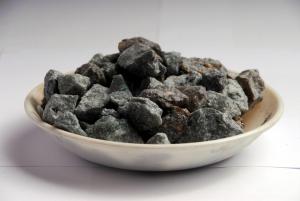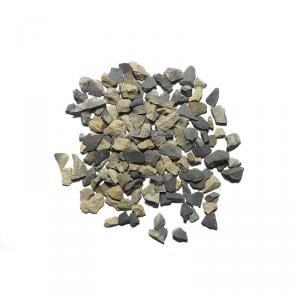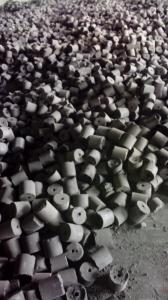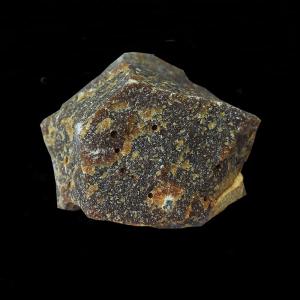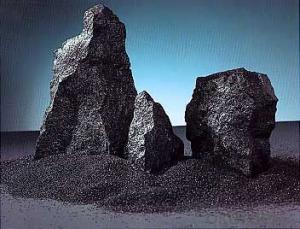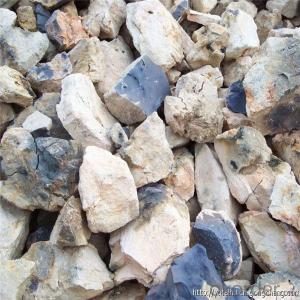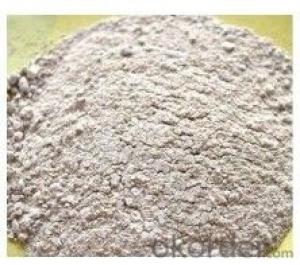All Categories
- - Steel Wire Rod
- - Steel Coils
- - Steel Profiles
- - Steel Pipes
- - Stainless Steel
- - Tinplate
- - Special Steel
- - Steel Sheets
- - Steel Rebars
- - Steel Strips
- - Hot Rolled Steel
- - Cold Rolled Steel
- - Pre-painted Steel
- - Seamless Steel Pipe
- - Welded Steel Pipe
- - Hollow Steel Tubes
- - Galvanized Pipe
- - Stainless Steel Coil
- - Stainless Steel Sheet
- - Stainless Steel Plate
- - Stainless Steel Strips
- - Electrolytic Tinplate Coil
- - Electrolytic Tinplate Sheet
- - Stainless Steel Rebars
- - Solar Panels
- - Solar Water Heater
- - Solar Related Products
- - Solar Inverter
- - Solar Cells
- - Solar Light
- - Solar Energy Systems
- - Solar Controllers
- - Solar Mounting System
- - Solar Pump
- - Solar Chargers
- - Fiberglass Chopped Strand
- - Fiberglass Mesh Cloth
- - Composite Pipes
- - FRP Pultrusion Profiles
- - Fiberglass Mat Tissue
- - Fiberglass Fabrics
- - Fiberglass Mesh
- - Composite Tank
- - Fiberglass Mesh tape
- - Polymer
- - FRP Roofing Panel
- - Fiberglass Roving
- - Monolithic Refractories
- - Ceramic Fiber Products
- - Refractory Bricks
- - Raw Materials For Refractory
- - Suspended Platform
- - Cranes
- - Concrete Machinery
- - Earthmoving Machinery
- - Building Hoist
- - Road Building Machinery
- - Plastic Pipe Fittings
- - Plastic Tubes
- - Plastic Sheets
- - Agricultural Plastic Products
- - Plastic Nets
Q & A
How do carbon-containing materials contribute to the properties of refractory products?
Carbon-containing materials contribute to the properties of refractory products by enhancing their heat resistance, improving their mechanical strength, and increasing their resistance to oxidation and corrosion. The presence of carbon helps in reducing the formation of liquid phases at high temperatures, thereby preventing the refractory material from melting or softening. Additionally, carbon can form stable carbides with other elements, which further strengthens the refractory product.
What are the benefits of using magnesia nanoparticles as a raw material in refractory production?
Using magnesia nanoparticles as a raw material in refractory production offers several benefits. Firstly, these nanoparticles possess a high surface area to volume ratio, leading to improved particle packing and densification of the refractory material. This results in enhanced mechanical strength and improved resistance to thermal shock. Additionally, the small size of magnesia nanoparticles enables better distribution and dispersion within the refractory matrix, leading to improved homogeneity and performance of the final product. Furthermore, the use of magnesia nanoparticles can promote the formation of spinel phases, which exhibit excellent corrosion resistance and thermal stability. Overall, incorporating magnesia nanoparticles in refractory production can enhance the properties and performance of the refractory materials, making them more efficient in high-temperature applications.
What is the role of silica in refractory materials?
Silica plays a significant role in refractory materials as it acts as a binding agent, providing strength and stability to the material. It also has a high melting point, making it suitable for use in high-temperature applications. Additionally, silica helps to reduce thermal expansion and improve resistance to thermal shock, enhancing the durability and performance of refractory materials.
How do natural refractory raw materials differ from synthetic ones?
Natural refractory raw materials are sourced from naturally occurring minerals and ores, while synthetic ones are artificially created through chemical processes. The main difference lies in their origins and composition. Natural raw materials possess inherent physical and chemical properties that are formed over millions of years, making them more diverse and often more durable. On the other hand, synthetic materials are designed and manufactured to mimic the desired properties of natural refractories. Although both types have their own advantages and applications, natural raw materials are generally preferred for their authentic and reliable characteristics.
Wholesale Raw Materials For Refractory from supplier in Uganda
Our team is committed to meeting your needs and providing excellent customer service. Whether you require sales assistance, quotations, or technical support, we are here to help. With our extensive range of refractory products and years of experience in the Ugandan market, we can offer valuable expertise for your projects.
In addition to our services, we would also like to highlight some fascinating aspects of Uganda. This East African country is known for its diverse landscapes, including the stunning Rwenzori Mountains and the majestic Lake Victoria. Wildlife enthusiasts can enjoy the opportunity to see elephants, lions, and hippos in their natural habitats, making Uganda a popular safari destination.
Uganda's cultural heritage is equally impressive, with over 50 different ethnic groups contributing to the vibrant and colorful tapestry of traditions, languages, and customs. Traditional music, dance, and art are an integral part of everyday life in Uganda.
If you find yourself in Uganda's capital city, Kampala, you will be immersed in a lively metropolis that seamlessly blends modern amenities with historical charm. The city offers a vibrant nightlife, bustling markets, and a diverse culinary scene, showcasing the country's rich cuisine.
Uganda's economy has experienced significant growth in recent years, attracting both local and international investments. The country's main industries include agriculture, manufacturing, tourism, and mining. Uganda is renowned for its agricultural exports, such as coffee, tea, and various tropical fruits.
As you embark on your projects in Uganda, we are here to support you every step of the way. Our team is dedicated to providing you with the highest quality raw materials for refractory products and the expertise needed to ensure their successful implementation. Let us be your trusted partner in achieving your goals in the beautiful country of Uganda.
In addition to our services, we would also like to highlight some fascinating aspects of Uganda. This East African country is known for its diverse landscapes, including the stunning Rwenzori Mountains and the majestic Lake Victoria. Wildlife enthusiasts can enjoy the opportunity to see elephants, lions, and hippos in their natural habitats, making Uganda a popular safari destination.
Uganda's cultural heritage is equally impressive, with over 50 different ethnic groups contributing to the vibrant and colorful tapestry of traditions, languages, and customs. Traditional music, dance, and art are an integral part of everyday life in Uganda.
If you find yourself in Uganda's capital city, Kampala, you will be immersed in a lively metropolis that seamlessly blends modern amenities with historical charm. The city offers a vibrant nightlife, bustling markets, and a diverse culinary scene, showcasing the country's rich cuisine.
Uganda's economy has experienced significant growth in recent years, attracting both local and international investments. The country's main industries include agriculture, manufacturing, tourism, and mining. Uganda is renowned for its agricultural exports, such as coffee, tea, and various tropical fruits.
As you embark on your projects in Uganda, we are here to support you every step of the way. Our team is dedicated to providing you with the highest quality raw materials for refractory products and the expertise needed to ensure their successful implementation. Let us be your trusted partner in achieving your goals in the beautiful country of Uganda.
Hot Search
- Monolithic Refractories in Portugal
- Ceramic Fiber Products in Malawi
- Refractory Bricks in Mauritania
- Raw Materials For Refractory in Mauritius
- Ceramic Fiber Products in Kuwait
- Monolithic Refractories in Djibouti
- Raw Materials For Refractory in Tanzania
- Monolithic Refractories in Tunisia
- Ceramic Fiber Products in Haiti
- Raw Materials For Refractory in Ghana
